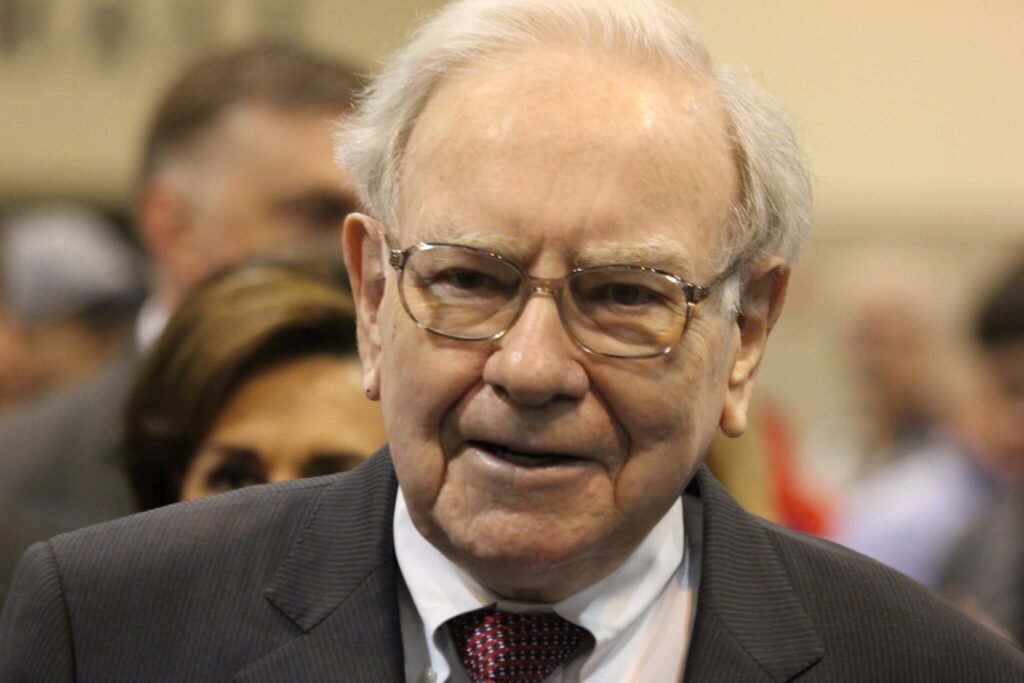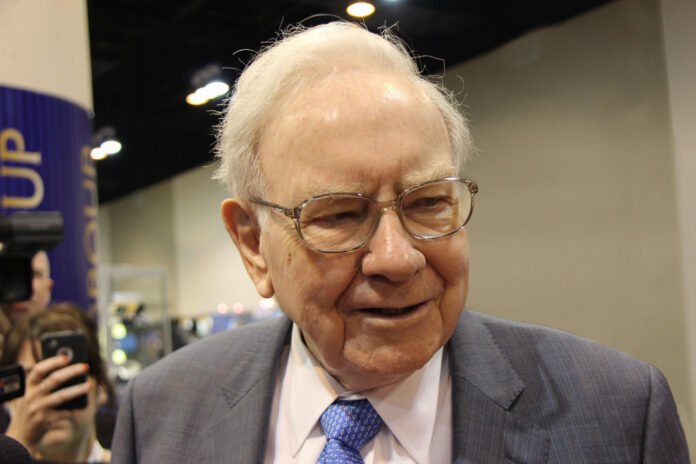This Content Is Only For Paid Member
Introduction: Renowned as one of the greatest investors, Warren Buffett’s Berkshire Hathaway portfolio surprisingly includes two exchange-traded funds (ETFs). Both the Vanguard S&P 500 ETF (VOO) and the SPDR S&P 500 ETF Trust (SPY) are broad market ETFs, reflecting Buffett’s endorsement of low-cost index funds. This article explores why these ETFs, with their impressive long-term track records and minimal fees, may hold appeal for everyday investors based on Buffett’s investment philosophy.
Buffett’s Affinity for Index Funds: Despite Buffett’s legendary stock-picking skills, his advocacy for low-cost index funds is well-documented. VOO, a $347.2 billion Vanguard ETF, and SPY, the largest ETF with $414.2 billion in assets, both track the S&P 500, reflecting Buffett’s preference for a simple, low-cost approach. In 2008, Buffett’s bet against actively-managed hedge funds in favor of a Vanguard S&P 500 index fund highlighted the consistent outperformance of index funds over actively-managed counterparts.

Portfolio Holdings and Smart Scores: Public 13F filings reveal Buffett’s ownership of approximately $16.8 million worth of SPY and $16.9 million worth of VOO within Berkshire Hathaway’s vast portfolio. The appeal lies in the ETFs’ ability to provide exposure to 500 leading U.S. companies through a single investment. Smart Scores, evaluating stocks on eight market key factors, demonstrate the strength of both portfolios, featuring top-performing companies like Amazon, Nvidia, Alphabet, and Meta Platforms.
Impressive Long-Term Performances: Both VOO and SPY boast remarkable long-term performances, returning consistent annualized gains. VOO, since its inception in 2010, has delivered annualized returns of 12.9%, while SPY, dating back to 1993, has produced an annualized return of 9.6%. These results underscore the resilience of index investing, withstanding market challenges such as the dot-com bubble, the Global Financial Crisis, and the recent COVID-19 crash.
Low Fees as a Value Proposition: Buffett, a staunch advocate of value investing, appreciates the low fees associated with VOO and SPY. With VOO’s expense ratio at just 0.03% and SPY’s at 0.09%, both offer cost-effective investment options. VOO, being the more economical choice with a lower expense ratio, aligns with Buffett’s emphasis on value.
Analyst Ratings and Price Targets: Analyst sentiment towards VOO and SPY is positive, earning Moderate Buy consensus ratings. VOO’s consensus is based on 403 Buys, 96 Holds, and eight Sells, with a price target suggesting a 12.5% upside. Similarly, SPY’s consensus, derived from 403 Buys, 93 Holds, and eight Sells, indicates a 12.4% upside based on the average price target.
Conclusion: In alignment with Warren Buffett’s investment philosophy, VOO and SPY emerge as robust choices for investors seeking diversified exposure to the U.S. market at minimal costs. The ETFs’ impressive track records, endorsement from Buffett, and positive analyst outlooks collectively underscore their appeal as long-term, value-driven investment options.




